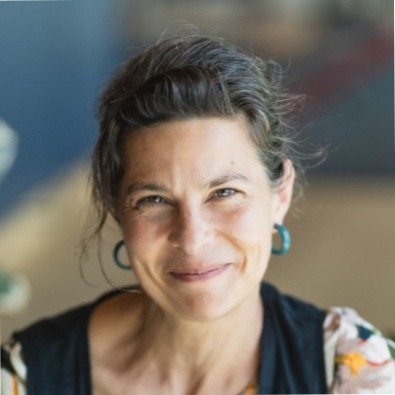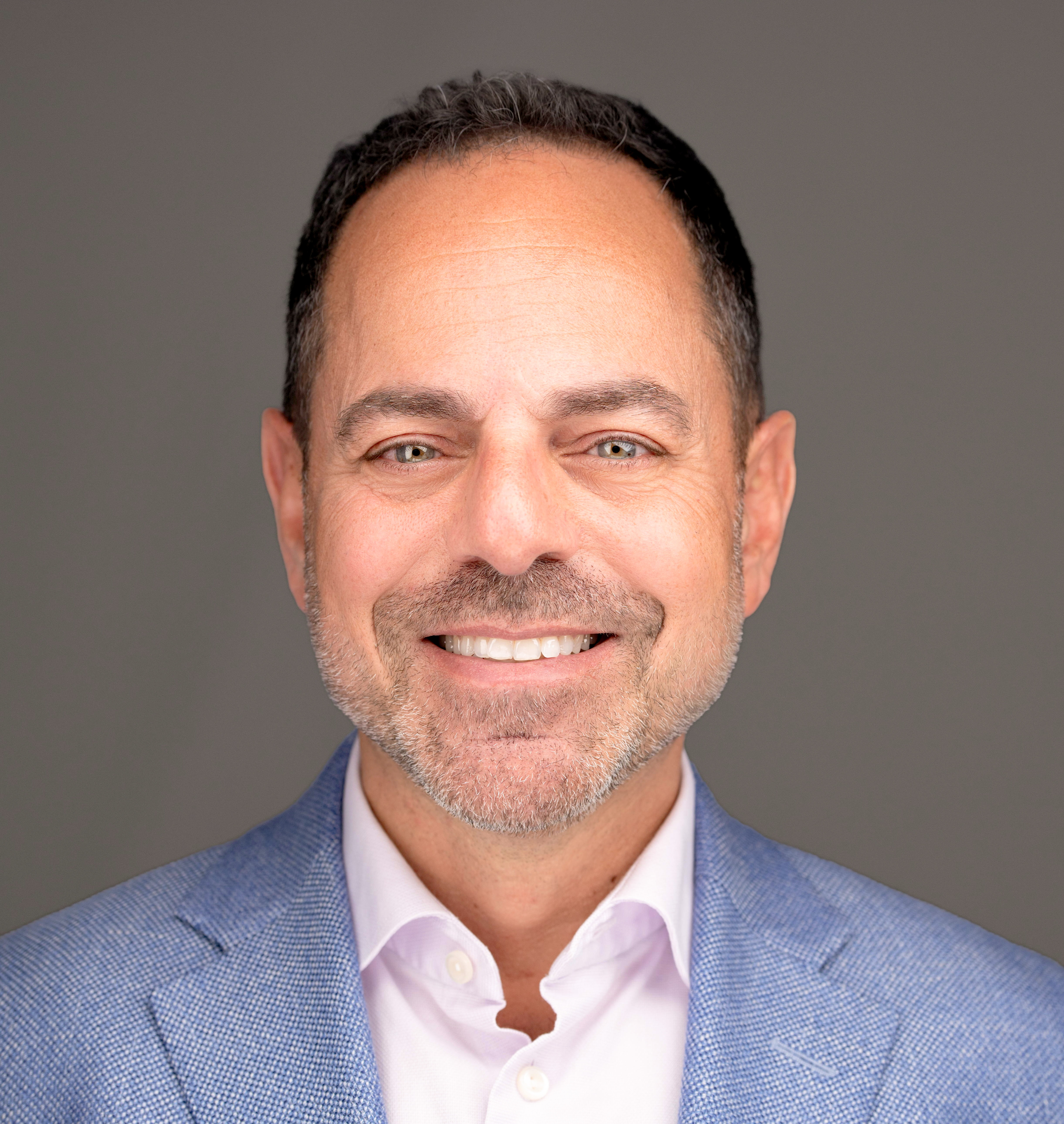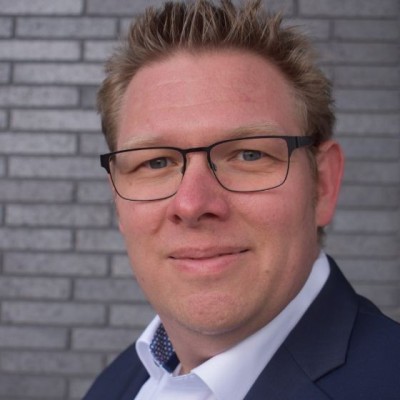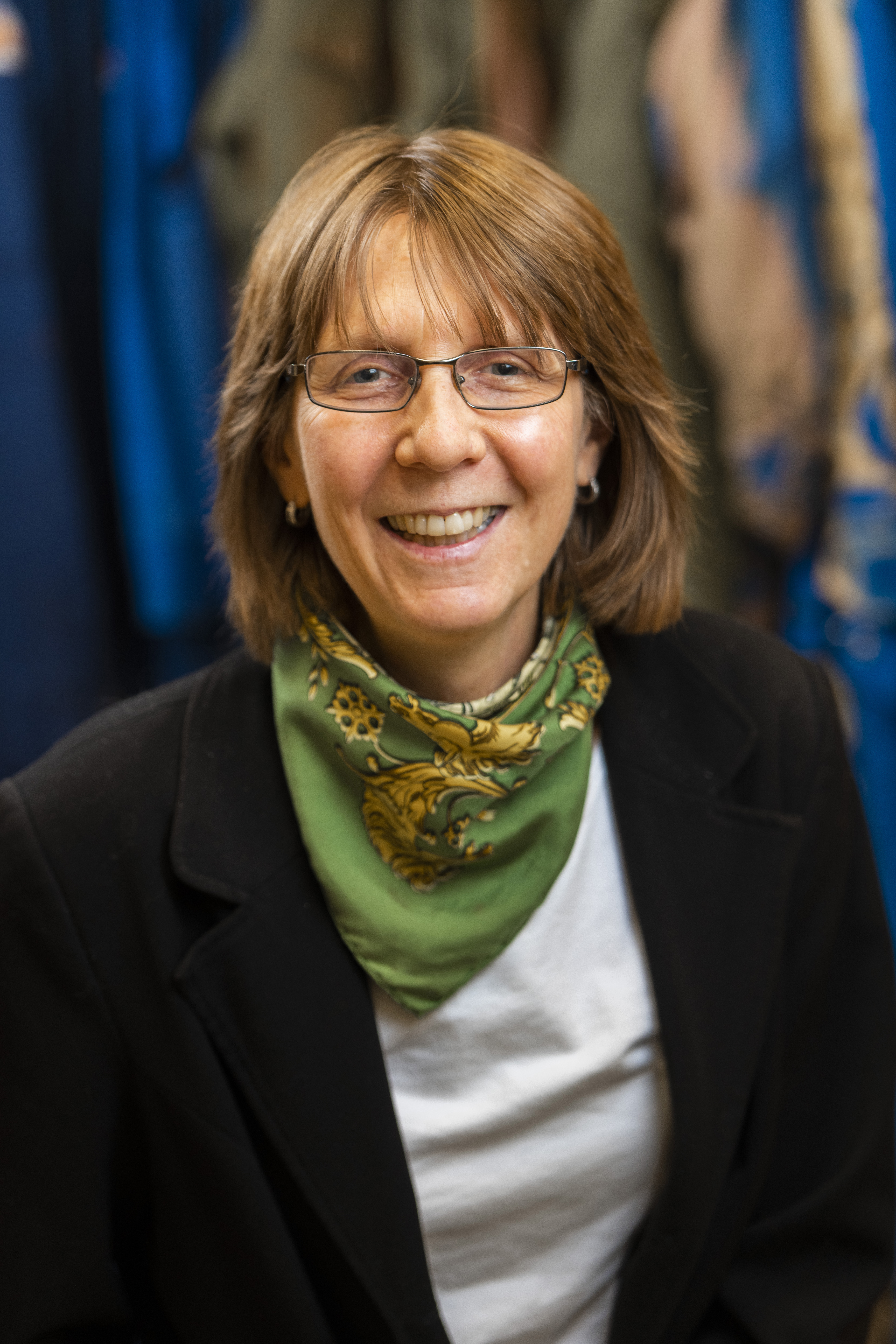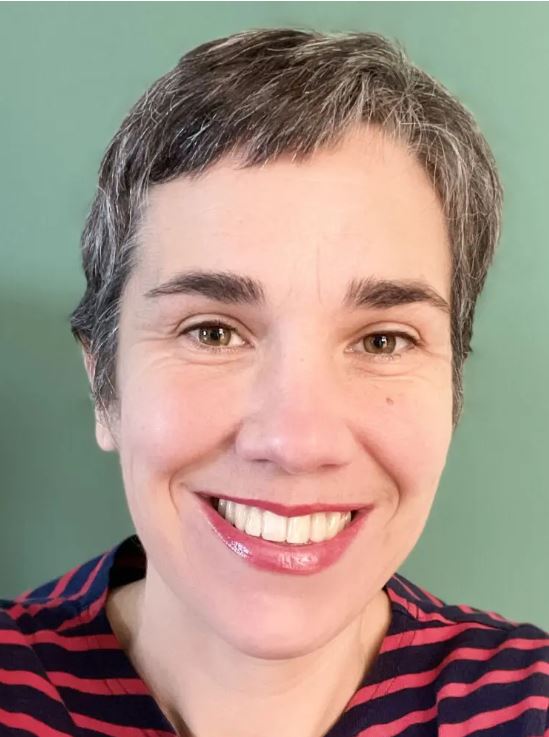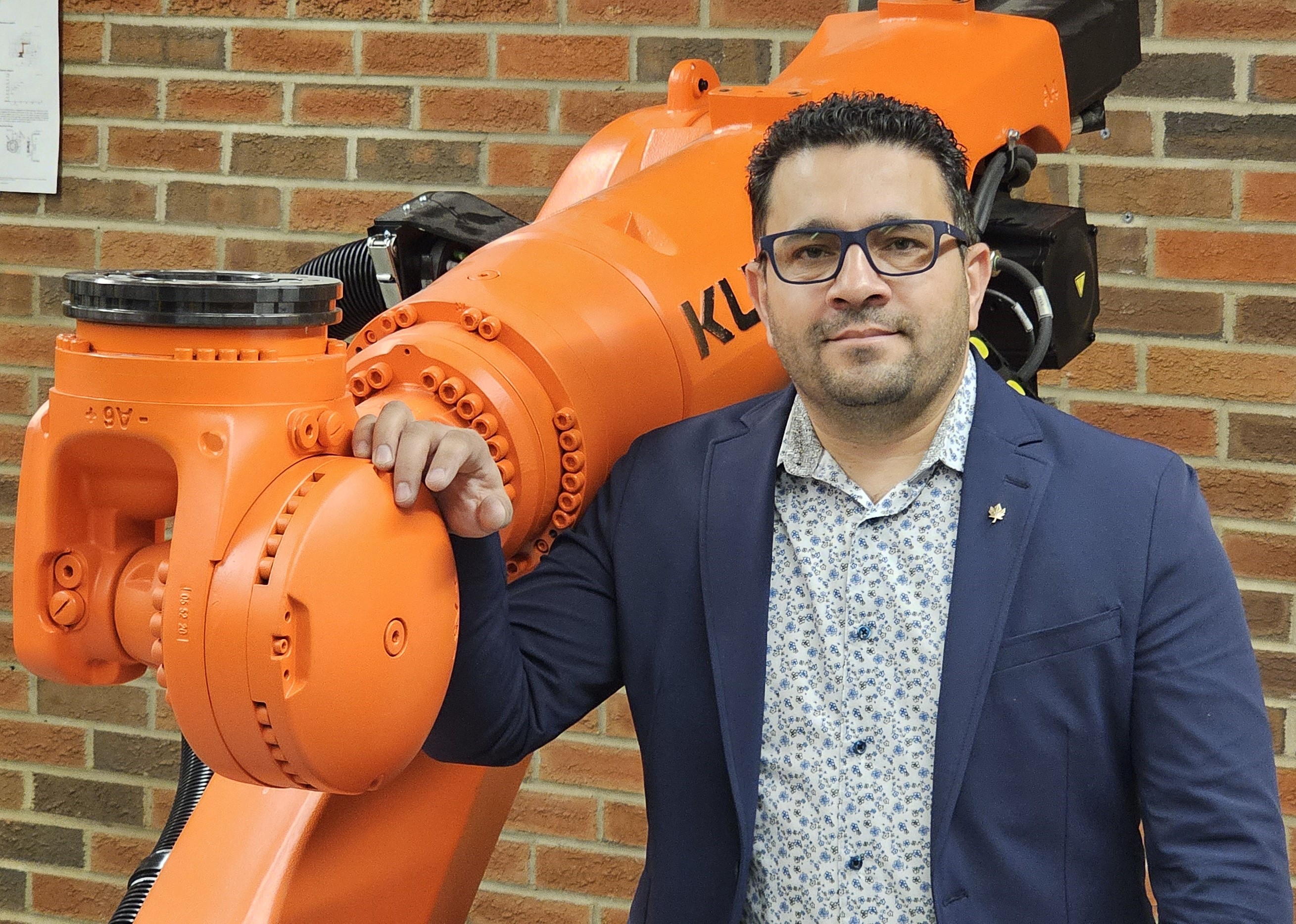Keynotes
Keynote 1
Robotics: The Critical Layer Missing from Canada's Deep Tech Priority Stack
Session Chair: Archana Singh, Prairies Economic Development Canada
Canada has made bold moves to position itself in frontier technologies such as Artificial Intelligence and Quantum Computing, while building on specialized expertise in areas like Space Robotics. Yet robotics more broadly—an enabling technology with cross-sector impact—remains underrepresented in Canada’s national industrial R&D strategy. Yet it is too often treated in our policy frameworks as a subset of advanced manufacturing, folded into AI frameworks, or categorized as an emerging defence technology, rather than recognized as a distinct and critical enabling technology in its own right.
Robotics is “physical AI”: the way intelligence moves off the screen and into the real economy. Unlike quantum or cleantech, where tangible economic returns are longer-term, robotics is already at high Technology Readiness Levels and offers near-term productivity gains for sectors central to Canada’s economy. While global competitors rapidly embed robotics in their growth strategies, Canada risks leaving substantial value untapped.
This talk will make the case for explicitly prioritizing robotics in Canada’s industrial strategy, exploring how it complements existing expertise in AI and sensing, amplifies digital innovation, and has the potential to strengthen productivity and industrial capability. If indeed the future of Canada’s productivity and prosperity depends on our AI excellence, then robotics is the critical layer Canada cannot afford to ignore.
Speaker: Hallie Siegel
Hallie Siegel is the CEO of the Canadian Robotics Council (CRC), where she leads national efforts to strengthen Canada’s robotics ecosystem by fostering collaboration between industry, academia, government, and civil society. With a career spanning technology, innovation, and communications, she has advised organizations, research institutes, and companies on how to translate complex robotics and AI advances into meaningful narratives. Passionate about building inclusive, future-focused policies and partnerships, Hallie works to ensure Canada is not only a user of robotics technologies but also a global leader in their responsible development and deployment.
Keynote 2
Accelerated Computing & Simulation: Enabling the Next Generation of Intelligent Robots
Session Chair: Aminah Robinson Fayek, University of Alberta
In the race to build intelligent, autonomous robots, accelerated computing and high-fidelity simulation have become the defining enablers. This keynote explores how NVIDIA GPUs and the CUDA platform power real-time physics, reinforcement learning, and synthetic data generation at scales previously impossible. From training dexterous manipulators in NVIDIA Isaac Sim to deploying vision-language-action models on edge devices, we examine how simulation-to-reality transfer is closing the gap between research and deployment. Eric, will share practical insights into building scalable robotics pipelines, current academic-industrial collaborations, startups collaborations and Canada’s growing role in the global embodied AI ecosystem.
Speaker: Eric Dahan
With over 30 years in IT, Eric Dahan leads NVIDIA’s Canadian sales strategy, driving adoption of high-performance computing (HPC) and artificial intelligence (AI) solutions. He shapes go-to-market plans for data-center GPUs, AI infrastructure, and accelerated computing platforms—empowering research centers, enterprises, and public-sector innovators.
Before NVIDIA, Eric held senior technical and commercial roles at Dell EMC, Oracle Sun Microsystems, and Silicon Graphics (SGI), guiding Fortune 500 clients through digital transformation with expertise in pre-sales engineering, solution architecture, and strategic consulting.
Eric earned a B.Sc. in Computer Science and Operations Research from the Université de Montréal
Keynote 3
Scissors- and Laser-Based Cutting for Robotic Surgery
Session Chair: Alan Lynch, University of Alberta
This talk presents a research journey toward autonomous surgical robotics, with a focus on scissors- and laser-based cutting modalities. Drawing from an analysis of the state-of-the-art and a series of my own publications, we explore how surgical robotics is poised to evolve in the coming years. I will highlight vision-based reinforcement learning, deformable material simulation, and dynamic manipulation strategies, and how these enable robotic systems to perform complex cutting tasks with increasing autonomy. Key developments include sim2real transfer for cutting, grid-based modeling of thin tissue structures, and advanced object manipulation for dynamic control. Complementing these efforts, we examine laser-based approaches for non-contact surgery and stereo vision tracking for real-time ablation control. Together, these contributions form essential building blocks for integrating perception, simulation, and control in surgical robotics. The talk concludes with a roadmap toward fully autonomous cutting systems capable of adapting to soft tissue variability and surgical context in real time.
Speaker: Lueder A. Kahrs
Lueder A. Kahrs is tenure-stream Assistant Professor in the Department of Mathematical and Computational Sciences at the University of Toronto Mississauga with cross-appointments in the Departments of Computer Science and Otolaryngology – Head and Neck Surgery as well as the Institute of Biomedical Engineering at the University of Toronto (UofT). In 2020, he founded the Medical Computer Vision and Robotics (MEDCVR) lab at UofT. Lueder got his PhD (Dr.-Ing.) from Universität Karlsruhe / KIT, Germany in 2009 and his Diplom (M.Sc./B.Sc.) in Physics in 2002 from the University of Bremen, Germany. Before joining UofT, he was senior scientist at the University of Hannover, Germany as well as postdoctoral researcher in Düsseldorf, Germany and Nashville, TN, USA. Lueder has authored and co-authored over 170 peer-reviewed publications and patents.
Keynote 4
Co-Designing a Smartwear Revolution
Session Chair: Martin Ferguson-Pell, University of Alberta
Worldwide, 2.4 billion people live with conditions that can benefit from rehabilitation, but over half of them face challenges in finding suitable assistive technology. It includes individuals with neuromusculoskeletal weakness, older adults, and workers at risk of musculoskeletal injury, for example in the healthcare sector. To cater to these unmet needs that negatively affect health, productivity, independence, and quality of life, we are developing smartwear with adaptive mechanical properties built into the fibres of the fabric itself. This comfortable and stylish clothing is co-designed with people with lived experience to change its shape and stiffness and provide physical support and mobility augmentation as needed. Art & technology festivals will support knowledge generation and exchange with users of the smartwear and the general public. This smartwear will address the unmet needs in terms of assistive technology, enhancing quality of life of millions of people world-wide and facilitating their participation in education, work and leisure.
Speaker: Patricia Dolez
Patricia Dolez is a Professor in the Department of Human Ecology. She holds an engineering degree in Materials Science and a Ph.D. in Physics. She is especially interested in the application of nanotechnologies, smart textiles, natural fibres, and recycled materials in personal protective equipment, sportswear, and healthcare applications as well as in the aging behavior of protective materials. Her research activities involve an active partnership with manufacturers across the value chain and end-users. Her research also includes different initiatives towards improving the inclusiveness of protective clothing for traditionally male-dominated occupations such as firefighting, the trades, and the military. She chairs the Canadian mirror committee on ISO/TC 94 SC13 on protective clothing and is a member of the Board of Directors of the Institute of Textile Science. She shares her passion for research and innovation with her closely-knit, diverse, and inclusive team of students, postdoctoral fellows, and research assistants.
Speaker: Marilène Oliver
Marilène Oliver is an Associate Professor in Art & Design whose artistic research is at a crossroads between new digital technologies, traditional print and sculpture, her finished objects bridging the virtual and the real worlds. She works with the body translated into data form in order to understand how it has become 'unfleshed', in the hope of understanding who or what it has become. Oliver uses various scanning technologies such as MRI, CT, and PET to reclaim the interior of the body and create works that allow us to materially contemplate our increasingly digitized selves. In 2018 Oliver was selected to present her research at TEDMED. Oliver leads LASERAlberta, a series of arts and science public talks affiliated with Leonardo/ ISAST. Oliver currently leads the research projects Dyscorpia: Future Intersections of the Body and Technology, Know Thyself as a Virtual Reality and is the lead of the Art & Working group for the Smartwear Revolution project.
Marilène Oliver was born in the UK in 1977 and studied Fine Art at Central Saint Martins and then at the Royal College of Art where she obtained an MPhil with the practice based research project 'Flesh to Pixel, Flesh to Voxel, Flesh to XYZ' on the use of medical imaging in contemporary art. Oliver has exhibited widely in the UK, Europe, and North America in both private and public galleries, including the Victoria and Albert Museum, Royal Academy (UK), MassMoCA, Knoxville Museum of Art (USA) Frissarias Museum (Greece) and Kunsthalle Ahlen (Germany), Casino Luxembourg (Luxembourg) and The Glenbow Museum (Canada). Her work is held in a number of private collections around the world as well as a number of public collections such as The Wellcome Trust, the Victoria and Albert Museum, and the Knoxville Museum of Art.
Keynote 5
Engineering a Regenerative Planet through Industrialized Robotics
Session Chair: Qing Zhao, University of Alberta
Engineering a Regenerative Planet with Industrialized Robotics presents a bold vision for how advanced robotic systems can transform the way we design, build, and sustain our world. This keynote by Dr. Rafiq Ahmad highlights how industrialized robotics: integrating automation, intelligent machines, and large-scale additive manufacturing, can move us beyond conventional sustainability toward true planetary regeneration. Drawing from real-world case studies in construction, manufacturing, and resource recovery, Dr. Ahmad demonstrates how robotics can reduce waste, accelerate green innovation, and enable circular economies. This talk challenges engineers, researchers, and leaders to embrace robotics not merely as tools for efficiency, but as catalysts for rebuilding ecosystems, redefining industries, and re-engineering a thriving and equitable planet.
Speaker: Rafiq Ahmad
Dr. Rafiq Ahmad is a pioneering leader in Industrialized Robotics, Smart Manufacturing, and Sustainable Technologies, shaping the future of how we build, live, and explore. As Associate Professor of Mechanical Engineering at the University of Alberta, he founded and directs the Smart & Sustainable Manufacturing Systems Laboratory (SMART Lab) and the Aquaponics 4.0 Learning Factory (AllFactory), living testbeds for Industry 4.0/5.0 innovation. He also serves as one of the Co-Principal Investigators for the Alberta Advanced Manufacturing International (AbAMI) Hub, advancing global collaboration and industrial innovation. His entrepreneurial ventures, including Waste Parrot Inc., recognized by NASA as a global winner of the Lunar Recycling Challenge, demonstrate how robotics and advanced manufacturing can tackle Earth’s most urgent challenges while enabling human presence beyond our planet. Honoured with Edify’s Top 40 Under 40 (2022) and the ASTech Award for Digital Technology Innovation (2023), Dr. Ahmad is advancing technologies that redefine productivity, sustainability, and resilience-empowering industries, inspiring communities, and driving humanity’s journey from Earth to space.
